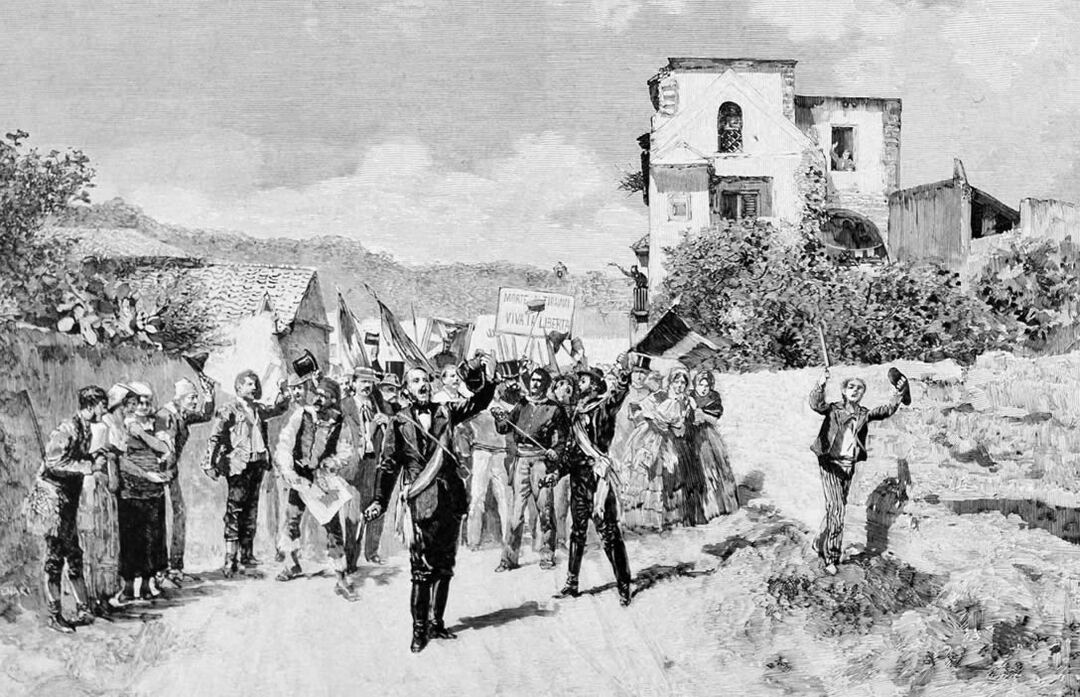Importance of Popular Initiatives in the Spanish example
Miscellanea / / August 09, 2023
 In democratic countries, citizens deposit their vote in a ballot box to elect their representatives and for this reason they speak of the democracy as a representative system. However, some national constitutions contemplate the possibility that citizens can initiate the processing of a law. This circumstance is known as popular or citizen initiative.
In democratic countries, citizens deposit their vote in a ballot box to elect their representatives and for this reason they speak of the democracy as a representative system. However, some national constitutions contemplate the possibility that citizens can initiate the processing of a law. This circumstance is known as popular or citizen initiative.
This type of initiative is regulated by law and its development is similar to any other legislative proposal.
In the case of Spain
A bill can be initiated by a government, by the representatives of the congress and the senate, by the autonomous parliaments and by the citizens. This last circumstance is included in the constitutional text (specifically in article 87.3) and in a law, specifically the organic law 3/1984 approved on March 26. In its technical name, this form of citizen participation It is known as the popular legislative initiative or by the acronym ILP.
The people who promote an ILP present it to the Congress of Deputies. The bill must meet certain requirements: an articulated text accompanied by a statement of reasons and attached way, the promoters of the same must indicate their names and explain the reason that justifies the approval of the law. Once the initiative has been accepted, a process of collecting signatures begins for 9 nine months. During this time, the promoters must obtain a minimum of 500,000 signatures from those who support the popular initiative.
If this figure is not reached within the established period, the citizen proposal expires. If the initiative has sufficient support, the usual procedure for any other initiative is followed. processing of the law (the paper, committee and plenary proceedings in congress and later in the senate). The representatives of both chambers can propose modifications to the original text through the incorporation of amendments.
 Popular initiatives have certain limitations, since proposals related to some matters and legal areas cannot be presented: with laws of fiscal nature, with organic laws, with matters of international projection, with proposals for constitutional reform or with a modification of the budgets of the state.
Popular initiatives have certain limitations, since proposals related to some matters and legal areas cannot be presented: with laws of fiscal nature, with organic laws, with matters of international projection, with proposals for constitutional reform or with a modification of the budgets of the state.
In the history of Spanish democracy since the 1978 Constitution, only one law has been approved through popular initiative
Those who have promoted this type of citizen proposals have run into two obvious difficulties. On the one hand, the excessive number of signatures (in Italy, for example, it is enough to present 50,000 signatures). On the other hand, the established legal limitations become an obstacle.
Fotolia images. Mannaggia, Short
write a comment
Contribute with your comment to add value, correct or debate the topic.Privacy: a) your data will not be shared with anyone; b) your email will not be published; c) to avoid misuse, all messages are moderated.


